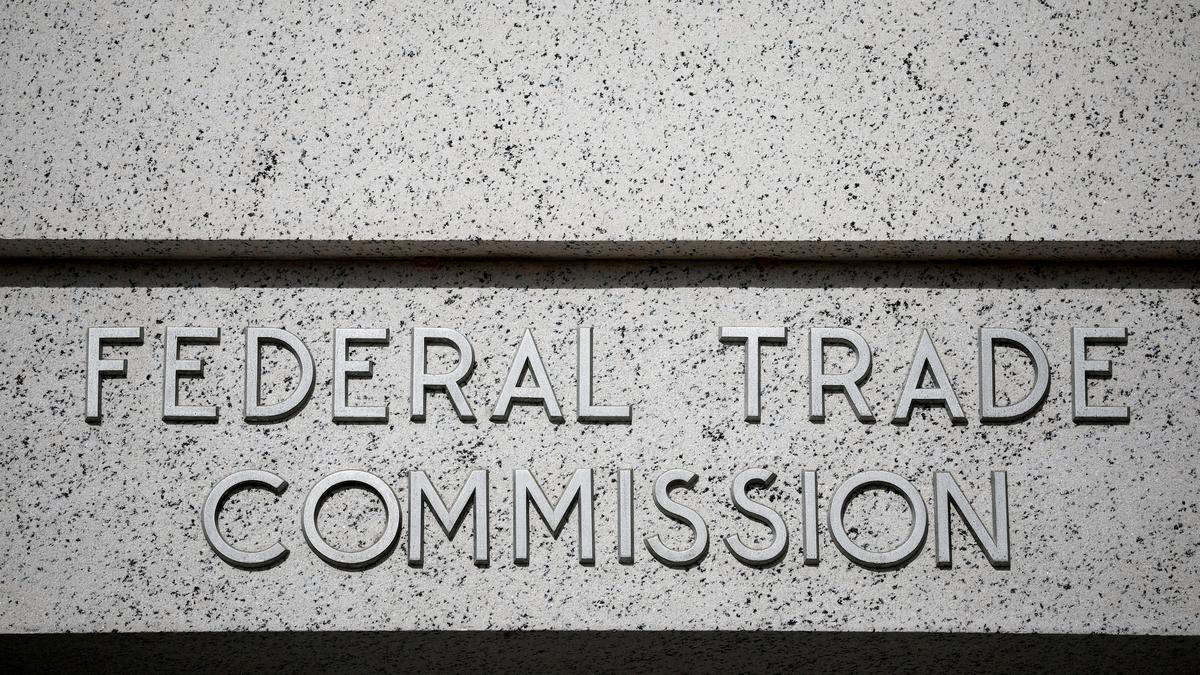
WASHINGTON, July 10:
Under President Donald Trump’s renewed leadership, U.S. antitrust enforcers have adopted a more lenient approach toward mergers and acquisitions, clearing multiple multibillion-dollar deals in June and signaling a stark shift from the stricter scrutiny seen under the Biden administration.
The Federal Trade Commission (FTC), led by Chairman Andrew Ferguson, and the Department of Justice (DOJ) Antitrust Division, under Gail Slater, cleared three major transactions totaling $63 billion last month. The deals include:
Ferrero’s $3.1 billion acquisition of cereal maker WK Kellogg
Mars’ $36 billion takeover of Pringles maker Kellanova
Omnicom’s $13.5 billion buyout of rival Interpublic
These approvals highlight a renewed willingness by federal authorities to settle with companies rather than block deals, offering a faster, more predictable review process.
“The Trump administration’s commitment to getting out of the way for non-problematic deals suggests a smoother, quicker process,” said Andre Barlow, a Washington-based antitrust lawyer.
During former President Joe Biden’s tenure, antitrust regulators, including then-FTC Chair Lina Khan, frequently extended review timelines and resisted settlements, citing concerns over increasing corporate concentration.
Under Trump’s second term, that posture has changed. Over 100 transactions have been granted shorter review periods, reversing a Biden-era suspension of the practice.
“The Trump-Vance FTC is committed to getting out of the way of mergers if there are no competition concerns,” said FTC spokesperson Joe Simonson.
DOJ Deputy Antitrust Chief Bill Rinner, a former executive at Apollo Global Management, reiterated in a June speech that deterrence is no longer the goal.
“Deals that are pro-competitive or competitively neutral should proceed without a lingering regulatory review tax,” he said.
One notable example is Hewlett Packard Enterprise’s (HPE) $14 billion acquisition of Juniper Networks. Initially blocked by the DOJ in January, the deal was later cleared after HPE agreed to license AI technology and divest a business unit, showcasing the new settlement-friendly stance.
Dealmakers are watching closely as this regulatory shift could favor pending megadeals such as:
UnitedHealth’s $3.3 billion acquisition of Amedisys (currently under court challenge)
Charter Communications’ $21.9 billion merger with Cox Communications
Rocket Companies’ $9.4 billion purchase of Mr. Cooper Group
Alphabet’s $32 billion acquisition of cybersecurity firm Wiz (2026)
However, experts caution that not all deals are guaranteed a green light. For instance, Kroger’s $25 billion bid for Albertsons, which the Biden administration previously blocked, might still face hurdles under Trump’s enforcers.
“The question is, would this administration settle it?” said Barlow. “I think the answer is: you have a better chance now than you did before.”
Overview
Mission: To provide timely, in-depth analysis and reporting on digital policy, tech adoption, and the impact of transformation on citizens and businesses.
Focus Areas: Digital governance (e‑services, e‑payment systems like UPI), FinTech, cyber‑security, digital identity (Aadhaar), digital literacy, Internet of Things, AI, and rural connectivity initiatives.
Audience: Policymakers, tech leaders, entrepreneurs, academics, and citizens interested in India’s digital future.
Under Srinivas G. Roopi’s leadership, Digital India Times offers a trusted window into the breakthroughs and challenges of India’s digital revolution—staying true to its tagline by continuously tracking the transformation reshaping the country.
Copyright ©2025 Digital IndiaTimes. All Rights Reserved
Designed and Developed by Galaxy Tech Solutions